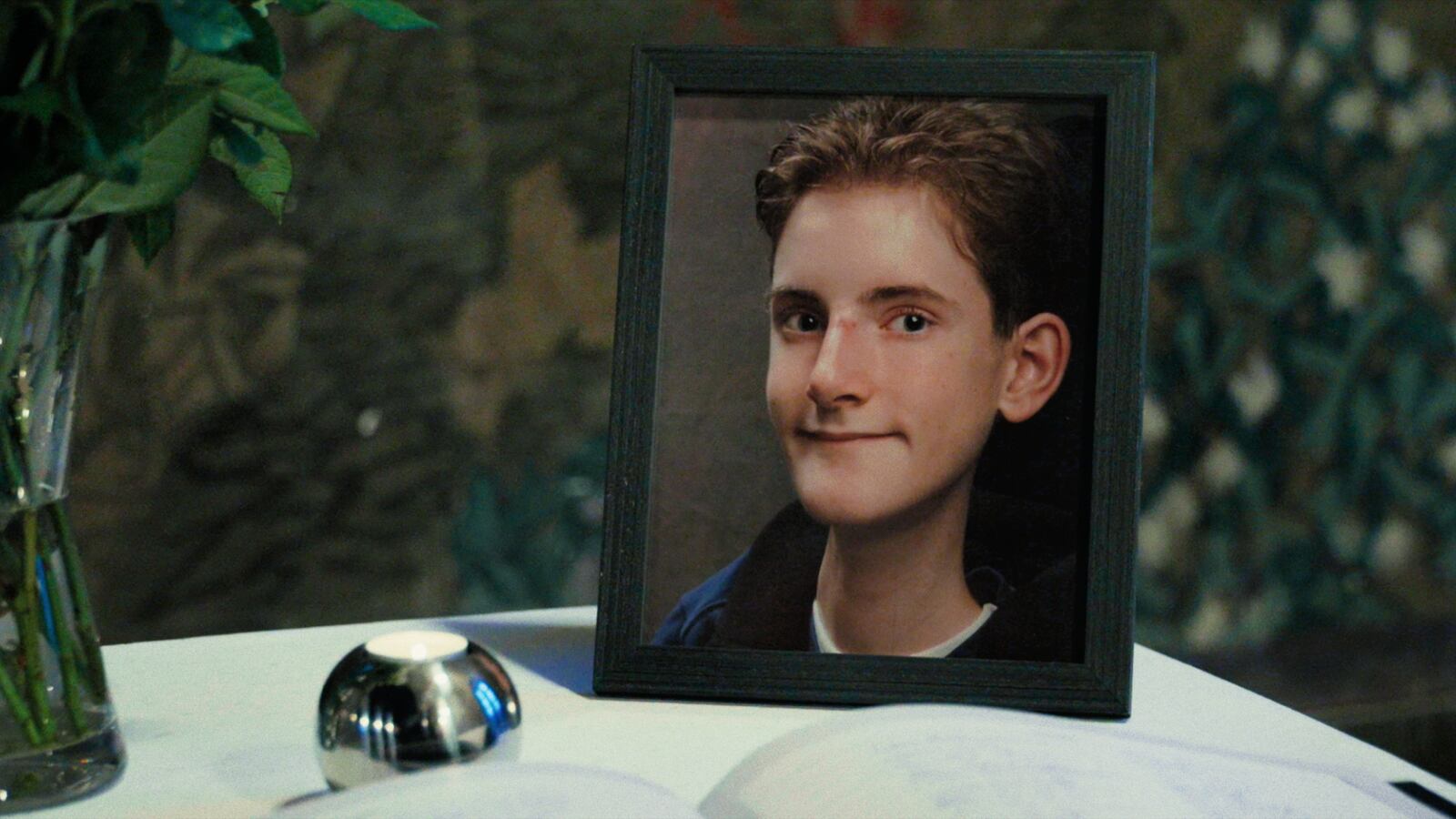Netflix’s new documentary The Remarkable Life of Ibelin starts with a story of tragedy: Norwegian gamer Mats Steen was born with a rare degenerative muscular disease that slowly took away his mobility until he could only move his fingers. His family did their best to help him achieve as much independence as possible, but he spent most of his life playing video games before eventually dying in his sleep at the age of 25. “Our deepest sorrow,” his father explains, “lay in the fact that he would never experience friendship, love, or to make a difference in other people’s lives.”
Except that’s not actually the story The Remarkable Life of Ibelin, which is now on Netflix, is here to tell, rewinding its home-movie footage to reframe Mats’ life in a new light using words he wrote himself on his blog. While Mats’ interactions in the real world may have been limited, it turns out he lived a rich digital existence inside the multiplayer online role-playing game World of Warcraft. It’s only when dozens of messages from Mats’ online friends began to flood his parents’ inbox after his passing that they realized the game their son spent so many hours playing was actually an entire life unto itself.
A tearjerking documentary unlike anything you’ve seen before, The Remarkable Life of Ibelin uses original animation and 42,000 pages of text logs to reconstruct Mats’ life inside the game, where he spent eight years playing as a character named Ibelin Redmoore—a famed detective and hunky nobleman with a penchant for wooing women. The doc recreates Ibelin’s digital flirtations with one spritely female character and a friendship with another, all while zooming out to interview the real-life women behind those role-playing avatars about what they gained from their online friendship with Mats.
The reaction to the film on social media has been rapturous…and teary.
Transporting viewers directly into Warcraft‘s world of Azeroth helps convey how multiplayer role-playing games work and what they feel like for those who play them. For some, the game is a way to escape reality. For others, it’s a way to help them process their real-life struggles within a fictional context. In either case, there’s an opportunity to form community with “guilds” of likeminded people who exist behind the quirky fantasy avatars—a heightened extension of the digital lives that so many of us lead these days.
Really, though, The Remarkable Life of Ibelin is mostly a loving tribute to Mats and how he chose to live his life. His voice rings out loud and clear from his blog posts, which have a funny, observant point of view and a refreshing frankness that’s brought to life by a narrator who we’re told sounds like Mats. A different voice actor performs as Ibelin, meanwhile, highlighting how Warcraft avatars are distinct from the people who play them. But in both forms, Mats comes across as a curious, empathetic person who put great importance on doing something meaningful with his too-short life.
The Remarkable Life of Ibelin makes the case that he did, exploring the small but impactful ways Mats made a difference in his community—from providing a sympathetic ear to writing an impassioned letter to one friend’s parents encouraging them to listen to their daughter. The most moving segment of the film explores how Mats helped a mother find a way to connect with her autistic son by reaching out to him digitally in a way she couldn’t in the real world. Again and again, Mats proves to be the sort of intuitive person who truly took the time to listen and empathize with others; it’s what many of us strive for but few achieve.
Indeed, a hokier version of this documentary could’ve simply portrayed Mats as a tragic yet inspiring figure who can teach us all to live more honest, empathetic lives. But director Benjamin Ree (The Painter and the Thief) grants his subject a welcome sense of three-dimensionality. Mats’ friends unpack the irony of how he encouraged vulnerability from others, even as he decided to keep his health condition private. Ree also balances the idea that Mats’ experiences in Warcraft were genuinely meaningful with the reality that he also felt fear, pain, and frustration at the limitations of his life, feelings that sometimes spilled over into conflicts within the game.
It adds up to a cinematic portrait that’s all the more emotional because it’s not mere hagiography. While Mats’ parents feared their son never got to truly live a life, Ibelin suggests he actually lived quite a complex one. Though the documentary starts by contrasting the real world with the digital one, in the end it argues that perhaps the two are simply one and the same. If your digital friends are the ones who speak at your funeral and comfort your grieving parents, it seems you’ve lived a life not of division but of unity.







